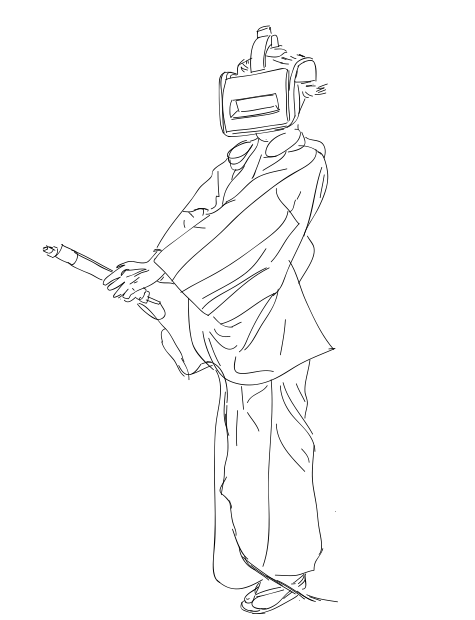This is a topic of general importance to everyone in the seminar. No doubt you have had the opportunity to make use of the information in the Wikipedia for your homework or research. You have also, no doubt, observed some of your professors (including me) sometimes cite the Wikipedia. The ones who don’t may be using the Wikipedia privately without admitting so publicly. The fact of the matter is the Wikipedia is a very convenient and often compelling source of information about most common topics, and a wide range of uncommon ones too. But is the Wikipedia a valid source for studying or conducting research? Let’s see what that venerable institution, Harvard University, which ranks at the top of most rankings of academic institutions, has to say about the matter. When I was an undergraduate student, Harvard was my dream graduate school and, in fact, I was accepted into the Harvard PhD program. But I found my guru elsewhere so, finally, I did not enroll at Harvard. However, when it comes to academic policy, one can do much worse than have a look at what Harvard does. In Harvard University’s official pages on using sources we find the following statement (page accessed 20.02.2012):
There’s nothing more convenient than Wikipedia if you’re looking for some quick information, and when the stakes are low (you need a piece of information to settle a bet with your roommate, or you want to get a basic sense of what something means before starting more in-depth research), you may get what you need from Wikipedia. In fact, some instructors may advise their students to read entries for scientific concepts on Wikipedia as a way to begin understanding those concepts.
Nevertheless, when you’re doing academic research, you should be extremely cautious about using Wikipedia. As its own disclaimer states, information on Wikipedia is contributed by anyone who wants to post material, and the expertise of the posters is not taken into consideration. Users may be reading information that is outdated or that has been posted by someone who is not an expert in the field or by someone who wishes to provide misinformation. (Case in point: Four years ago, an Expos student who was writing a paper about the limitations of Wikipedia posted a fictional entry for himself, stating that he was the mayor of a small town in China. Four years later, if you type in his name, or if you do a subject search on Wikipedia for mayors of towns in China, you will still find this fictional entry.) Some information on Wikipedia may well be accurate, but because experts do not review the site’s entries, there is a considerable risk in relying on this source for your essays.
The fact that Wikipedia is not a reliable source for academic research doesn’t mean that it’s wrong to use basic reference materials when you’re trying to familiarize yourself with a topic. In fact, the library is stocked with introductory materials, and the Harvard librarians can point you to specialized encyclopedias in different fields. These sources can be particularly useful when you need background information or context for a topic you’re writing about.
This position on the use of the Wikipedia as a source is fairly close to my own opinion. I would explicitly add, however, that no source should be categorically excluded. To do so is the equivalent of burning (or banning) certain books – the sign of an authoritarian, or at least, elitist mindset. Instead, what is needed (when using any source, for that matter) is the ability to evaluate the quality and reliability of the source. Within the Wikipedia itself, you will find a broad spectrum of reliability. One of the merits of regularly using (and preferably contributing in some way) to the Wikipedia, is that this offers a training ground for honing one’s ability to evaluate the quality of a source.
As a guideline I encourage using the Wikipedia to get an overview of a topic and pointers to the primary and secondary literature on a topic. But it should not be your only entry point into the literature and certainly not the final source you consult. Moreover, one needs to constantly bear in mind the nature of the Wikipedia, the manner in which information is added, and the inherent limitations. The standard of articles seems to vary significantly by topic. Articles in rapidly developing technical areas such as computer science and media technology can be of fairly high quality, often containing information and citations to current primary sources that cannot be found in more archival media such as books or journals, as these suffer publication lag. At the other end of the spectrum are articles about controversial topics such as political disputes. In these cases, it may be more instructive to read the behind-the-scenes disputes (talk pages) about what is to be included or excluded from the main article, than it is to read the article itself, because this offers a quick look at various conflicting viewpoints.
In summary, the Wikipedia is a novel and exciting development in the cooperative organization and communication of knowledge. It remains to be seen what it will become, but the Wikipedia is worthy of our attention and should not be banned or dismissed offhand.

